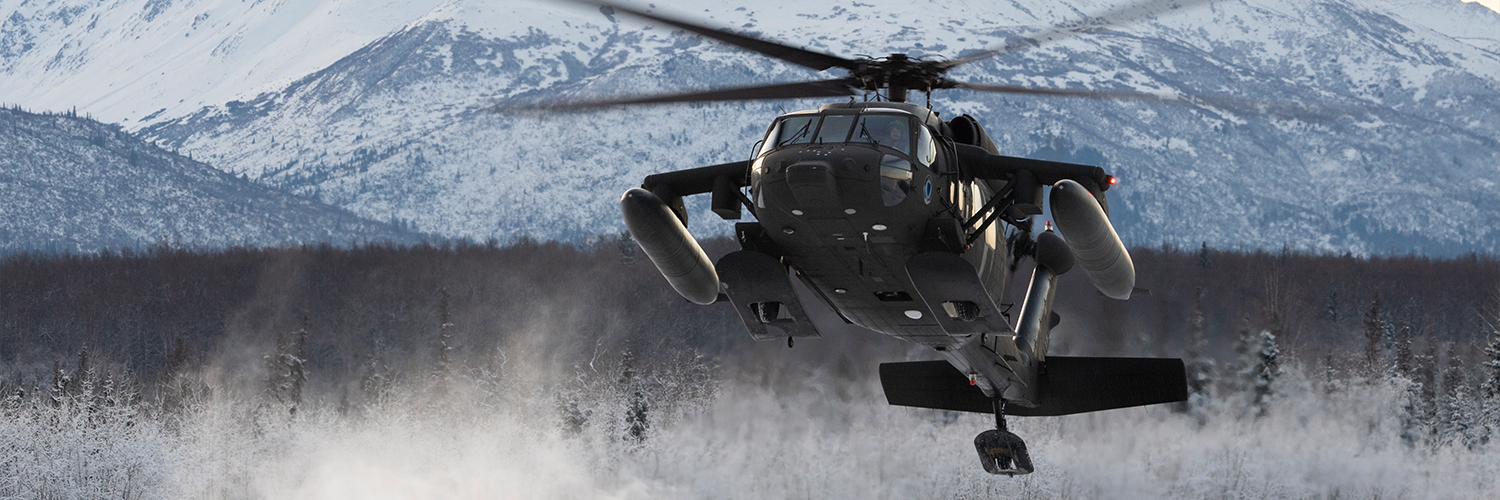Snowmobiler Hits Parked Black Hawk, Awarded $3.3M
Snowmobiler Hits Parked Black Hawk, Awarded $3.3M

Introduction
A federal judge has ruled that the U.S. government is primarily responsible for a nighttime collision in March 2019 between a snowmobiler and a parked Black Hawk helicopter, awarding the injured snowmobiler $3.3 million in damages.
The snowmobiler, who nearly died in the accident, struck the camouflaged helicopter that was parked on a snowmobile trail in Worthington, Massachusetts.
U.S. District judge found both parties at fault but placed 60% of the blame on the government for parking the helicopter on an active snowmobile trail without any safety precautions. The snowmobiler was found 40% responsible for speeding, wearing tinted goggles at night, and not operating his snowmobile safely.
The snowmobiler's legal team had initially sought $9.5 million to cover medical expenses, lost wages, and hold the military accountable for the crash. "We are grateful for the judge's thoughtful consideration of the complicated facts of this case," said his lawyer. "We believe justice was served, and the decision encourages public safety."
The accident occurred when a Black Hawk helicopter, flown from New York's Fort Drum to Massachusetts for night training, was parked on a trail used by snowmobilers. The crew had landed the helicopter on Albert Farms airfield, a rarely used airstrip, and left it unattended. The helicopter was camouflaged, and there were no lights or warning signs to indicate its presence. The judge noted that the government breached its duty of care by failing to take any steps to prevent the obvious risk posed by parking the camouflaged helicopter in a wooded area as night fell.
The snowmobiler, who had driven on the trail over 100 times before, was unaware that a helicopter was parked there. The night of the crash, he had been helping his mother fix a computer at her home and had consumed two beers with dinner before setting off to meet his brother on the trail. As he approached the helicopter in the dark, he noticed a reflection from his headlights but only realized it was a helicopter after colliding with it.
The snowmobiler suffered serious injuries, including a dozen broken ribs, a punctured lung, and severe internal bleeding, and had to be airlifted to a trauma center. Now 48 years old, he has been surviving on disability assistance and struggles with basic tasks such as putting on socks or pulling up his pants. He can no longer engage in activities like golfing or snowmobiling.
In addition to suing the government, the snowmobiler also filed a lawsuit against the owner of Albert Farms airfield, accusing the farm of granting permission for both snowmobiles and helicopters to use the same area. The snowmobiler settled with the farm's owner for an undisclosed sum. The U.S. government has 60 days to pay the damages or file an appeal.
Throughout the trial, the government argued that it could not be sued under the Federal Tort Claims Act, claiming the decision to park the helicopter was a policy matter. However, the judge disagreed, ruling that exceptions within the act allowed the case to proceed. The government also argued that the court lacked jurisdiction and that the helicopter crew was unaware they had landed on a snowmobile trail. Furthermore, the government contended that the crew was not required to illuminate the helicopter, and that even if glow sticks, known as chem lights, had been used, it was unclear if they would have made a difference.
The Army's investigation into the incident supported the crew's testimony that they were not aware the helicopter was parked on a snowmobile trail. However, the judge's ruling emphasized that the lack of safety precautions, such as lights or warnings, contributed significantly to the accident and the snowmobiler's injuries.
The government also tried to shift some of the blame onto the snowmobiler, citing his speed—reportedly over 65 mph—and the fact that he had consumed two beers and taken prescription medication before the crash. Despite this, the judge maintained that the government bore the majority of responsibility for the accident.




